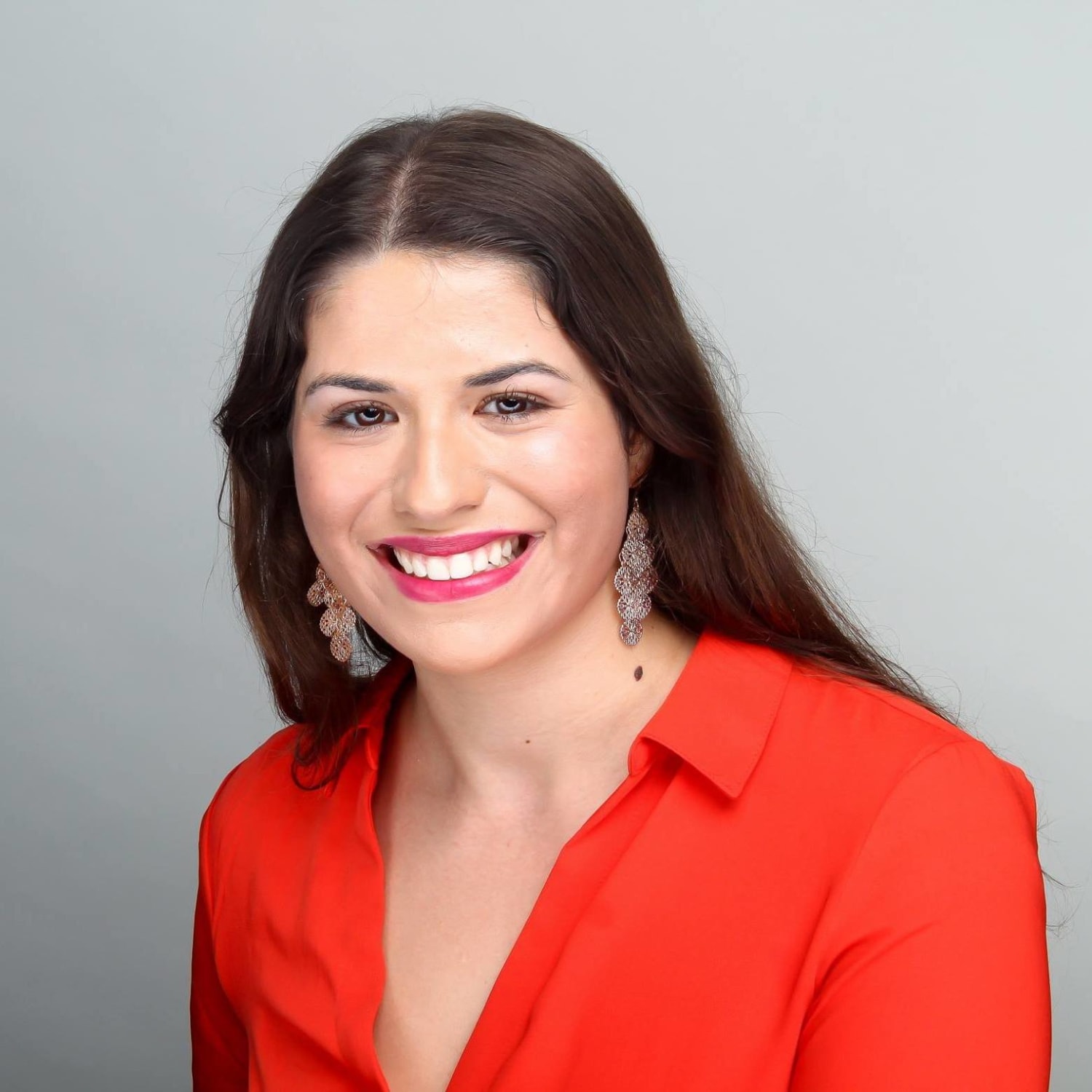The Stonewall Inn is no longer the only historical LGBTQ site given landmark designation by New York City’s Landmarks Preservation Commission. As of Tuesday, six other locales have been granted the same status.
The sites include the Audre Lorde Residence in Staten Island, Caffe Cino and The LGBT Community Center in the West Village, the James Baldwin Residence in the Upper West Side, the Women’s Liberation Center in Chelsea and the Gay Activists Alliance Firehouse in SoHo.
The NYC LGBT Historic Sites Project, an organization dedicated to documenting buildings tied to influential LGBTQ trailblazers across the five boroughs, curated a list of more than 200 sites in an initiative titled “Historic Context Statement for LGBT History in New York City.” The organization sent a truncated version of this list to the Landmarks Preservation Commission, which then, along with New York City Council Speaker Corey Johnson, identified the six places now designated as landmarks, according to Ken Lustbader, co-director of the NYC LGBT Historic Sites Project.
“We’re thrilled that the city is recognizing these sites and establishing them as integral spaces in LGBT and American history,” Lustaber told NBC News. “Millions of people will be in New York City visiting Stonewall for its 50th anniversary, but while Stonewall marked a turning point, LGBT history predates Stonewall and the city is full of places that reflect that rich history.”
The Audre Lorde Residence on St. Paul’s Avenue in Staten Island was home to acclaimed writer, professor, activist and black lesbian feminist Audre Lorde from 1972 to 1987. Lorde, who lived in the home with her partner and two children, often worked in the house’s study and wrote numerous books there, including “Coal,” “The Cancer Journals” and “Zami: A New Spelling of My Name.”
Cafe Cino on Cornelia Street in Manhattan’s West Village neighborhood is “widely recognized as the birthplace of Off-Off-Broadway theater,” according to the NYC LGBT Historic Sites Project. Joe Cino rented a ground-story space in the building in 1958, intending to run a small coffeehouse. Yet soon enough, patrons began staging avant-garde performances there. Caffe Cino became known for elevating the works of unknown playwrights, including William M. Hoffman, who credits his career to the space. Many of Caffe Cino’s early productions featured gay characters and LGBTQ issues, and as a result, the space became a haven for gay men. Caffe Cino closed in 1968, a year after Cino’s death.
New York City’s LGBT Community Center has served as a hub for the community since 1983. Located in the West Village of Manhattan, the center is the birthplace of The Gender Identity Project, which is the longest running provider for transgender and gender-nonconforming people in the state. The AIDS Coalition to Unleash Power (ACT UP), Dignity/New York and more than 400 other organizations have gathered in the center for meetings since it first opened its doors.
The James Baldwin Residence on Manhattan’s Upper West Side served as the iconic writer’s home from 1965 until his death in 1987. Though the civil rights activist and literary intellectual did not self-identify as gay, he spoke openly about LGBTQ issues and wrote several novels that featured gay and bisexual characters, including “Tell Me How Long the Train’s Been Gone” (1968) and “Just Above My Head” (1979), which were published while he lived in the 71st Street residence.
Founded in the 1970s, the Women’s Liberation Center was an integral meeting space for women’s groups, including several that specifically focused on the city’s lesbian community. The Lesbian Feminist Liberation, a group that sought to ensure lesbians were visible and heard at political and pride marches, and Lesbian Switchboard, a volunteer-led counseling hotline, were two of the many groups that met in the center. The Women’s Liberation Center closed in 1997.
The Gay Activists Alliance Firehouse, a firehouse in Manhattan’s SoHo neighborhood, served as the headquarters for the Gay Activists Alliance from 1971 to 1974. The group was considered the most influential American gay political activist organization in the early 1970s. The firehouse also brought together other LGBTQ groups, such as Gay Youth, the Lesbian Feminist Liberation and Gay Men’s Health Project, for social events.
“As people from around the world gather in New York to celebrate the 50th Anniversary of Stonewall and World Pride, now is the perfect time to preserve our unparalleled LGBTQ history,” Johnson wrote in an emailed statement. “New York City played such an important role in moving the LGBTQ civil rights movement forward and we owe it to those who fought in this movement to ensure that their legacy lives on.”
“These sites memorialize the diversity and intersectionality of the LGBTQ rights movement and will make excellent additions to the city’s amazing list of landmarks,” he added.












